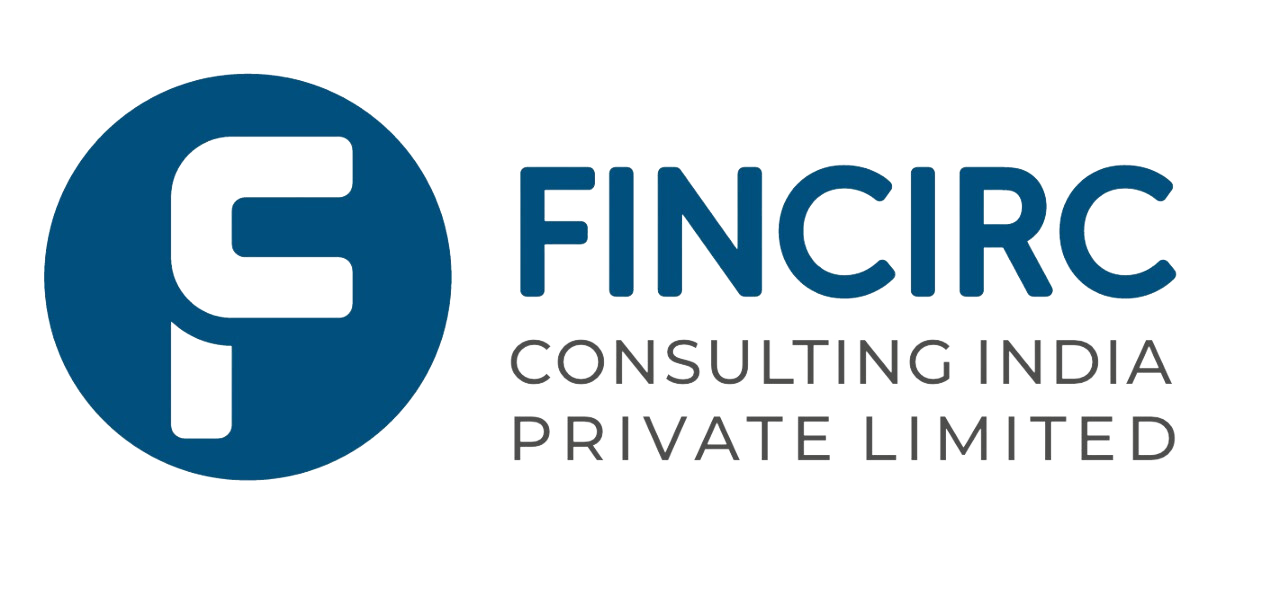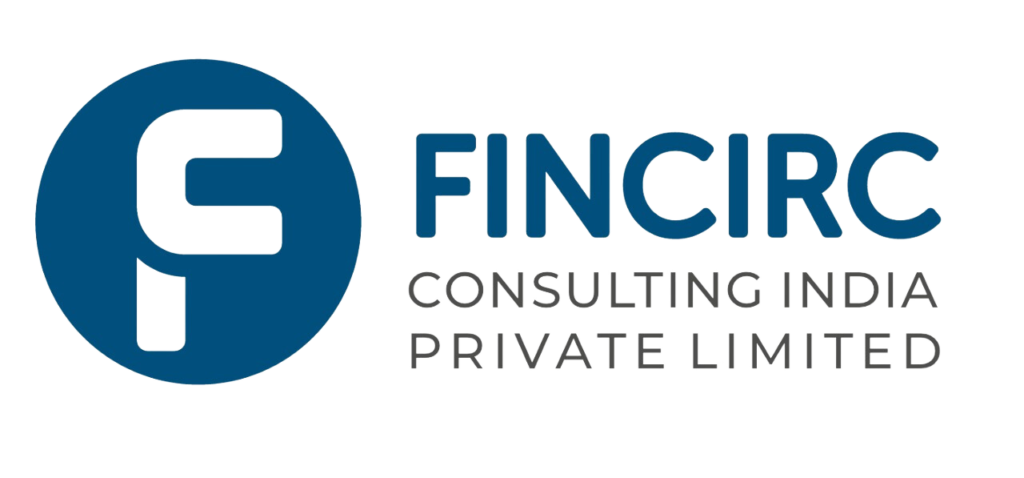Dubai is a top destination for entrepreneurs chiefly because of the booming economy and the ideal geographical location. To register company in Dubai, the establishment of a business in this area involves certain document requirements and legal procedures to be followed in order to be in compliance and a successful startup. This outline of the process lays out what’s involved when starting company in Dubai: Dubai business licence types, legal document types, corporate tax rates in Dubai and the costs that are expected. Knowing these prerequisites is crucial to be successful whether you want to open a mainland, free zone or offshore company.
Decide Your Business Types
Selecting the proper business structure is the keystone of your establishment. The structure influences ownership, liability and operation. Common options include:
- Limited Liability Company (LLC): Suitable for local market operations, with liability limited to share contributions.
- Sole Establishment: Suitable for single business owners, providing complete control but with individual liability.
- Free Zone Company: With 100% foreign ownership and tax benefits, suitable for companies that possess export orientations.
- Offshore Company: Ideal for foreign operations or asset management, not allowed to do UAE local trade.
- Branch Office: Permits foreign entities to have a presence, with certain conditions.
Choosing the right one will help to achieve your objectives and streamlines the process to register a company in Dubai.
Why Business Type Matters
Your choice affects the legal documents for a company, eligibility for visas, and scope of operations. As an example, free zone firms get tax holidays but are subject to local trading restrictions.
Choose Business Activity & Economic Zone
Your business activity will determine the Dubai business license types and regulations. The Department of Economic Development (DED) has over 2,000 activities, e.g., trading, consulting, or manufacturing. Key license types include:
- Commercial License: For trading activities like import/export or retail.
- Professional License: For service-based businesses, e.g., IT or consultancy.
- Industrial License: For manufacturing, which requires a physical installation.
- Tourism License: For travel and tourism, granted by DED and DTCM.
The economic zone also plays a role:
- Mainland: Is open to trade inside the UAE and internationally.
- Free Zone: Is tax-exempt and has 100% ownership but restricts access to the local market.
- Offshore: Suitable for international business with no UAE physical presence.
Document requirements and Dubai license cost vary for each zone, affecting your setup plan.
Aligning Activity with Zone
Selecting an appropriate zone guarantees legal document types compliance and minimizes costs. For instance, free zones such as DMCC or JAFZA have targeted industries with simplified licensing.

Trade Name and Initial Approval
Choosing a trade name is an important step. It should represent the business activity, be free of sensitive words, and incorporate the legal form (e.g., LLC). The DED or free zone authority sanctions the name, at costs of AED 500–AED 2,000. Once approved, you require preliminary approval from the concerned authority, stating that there are no objections to your activity. It costs approximately AED 120 and can also need further permits for regulated industries such as healthcare.
Streamlining Name Approval
A distinct trade name promotes brand identity and guarantees UAE regulation compliance, an important step towards register a company in Dubai.
Key Legal Documents for Company Setup
Legal documents for a company are essential for registration. These include:
- Memorandum of Association (MOA) and Articles of Association (AOA): Outline company structure, objectives, and shareholder details. Required for LLCs and partnerships.
- Power of Attorney (POA): Required if a third party takes care of legal or financial affairs.
- Lease Agreement: Registered contract for office premises, necessary for mainland setups and certain free zones, registered through Ejari.
- Emirates ID: Required for shareholders and directors.
These documents ensure the alignment with UAE laws and facilitate a smooth business license in Dubai.
Notarization and Translation
Documents like the MOA can also be notarized (AED 1,500- AED2,500), authenticating it for legal processes.
Document Requirements for Dubai Business Setup
The document requirements can vary by business type and jurisdiction, but typically include:
- Passport Copies: Of all Directors and Shareholders; visa page for non-residents.
- Proof of Address: Shareholder and director bank statements or utility bills.
- Business Plan: Market research and financial projections in a detailed plan, particularly for regulated sectors.
- Trade Name Reservation Certificate: Received after name approval.
- Initial Approval Receipt: Government approval proof.
- Notarized MOA and AOA: Mandatory for mainland and certain free zone establishments.
- Special Approvals: For industries such as construction or education, special permits are required.
Professionals such as Fincirc can help draft these types of legal documents to prevent delays.
Tips for Document Preparation
Get any necessary documents translated to Arabic if required, as this is a common requirement for mainland registrations.
Office Space / Physical Address
Mainland-based businesses are now obliged to have a physical address and some free zones, except for where virtual offices are provided. Office leases in the mainland for AED 15,000 to AED 40,000 annually and in free zones for AED 10,000 for flexi desking. For mainland situations, the lease needs to be entered on Ejari. With offshore companies where there are no requirement for an office address Dubai license costs are also reduced.
Virtual Office Options
Some of the free zones such as IFZA offer virtual office packages that may be useful for startups attempting to keep costs to a bare minimum.

Company Registration & License Issuance
To register a company in Dubai, follow these steps:
- Business Activity and Structure: Choose that is appropriate which matches to your objective and license category.
- Trade name Reserve: Secure name which satisfy the condition.
- Get Preliminary Approval: Confirm government approval.
- Submit Documents: Submit notarized MOA, passport copies, and other document requirements.
- Pay Fees: The license fees varies between AED 10,000 to AED 50,000.
- Receive License: Issued within 1–2 weeks, it permits legal operation.
The business license in Dubai is typically valid for one year and renewable annually.
Fast-Track Registration
Free zones like RAK ICC offer expedited processes, reducing setup time to 4–7 days.
Post-License Essentials
After securing your business license in Dubai, complete these steps:
- Corporate Bank Account: Requires trade license, MOA, and shareholder documents. Fees range from AED 1,000–AED 10,000.
- Visa Applications: Investor and employee visas cost AED 3,500 each.
- VAT Registration: Mandatory if revenue exceeds AED 375,000, with consultants ensuring compliance.
- License Renewal: Annual renewals prevent fines, with costs varying by license type.
These steps ensure your business operates legally and efficiently.
Cost Breakdown
The Dubai license cost depends on the zone and activity:
Mainland:
- License Fee: AED 10,000–AED 15,000 annually
- Office Space: AED 15,000–AED 40,000 annually
- Trade Name: AED 500–AED 2,000
- Notarization: AED 1,500–AED 2,500
- Total: AED 27,000–AED 60,000+
Free Zone:
- License Fee: AED 12,500–AED 50,000 annually
- Office Space: AED 10,000–AED 20,000 annually
- Registration Fee: AED 3,000–AED 10,000
- Total: AED 17,900–AED 80,000+
Offshore:
- Incorporation Fees: AED 10,000–AED 15,000
- Registered Agent Fees: AED 2,000–AED 5,000 annually
- Total: AED 12,000–AED 20,000+
Corporate Tax Rates in Dubai
- Profits up to AED 375,000: 0% tax.
- Profits above AED 375,000: 9% tax, effective since 2023.
- Free zones may offer tax exemptions for specific activities.
FAQ
That’s totally depends on the zone, usually AED 1,000–AED 1,000,000, with AED 50,000 typical in free zones
The changes in 2021 now permit 100% foreign ownership in the majority of sectors, lowering the requirements for sponsors.
Usually 4 days to 2 weeks, subject to zone and activity.
Mainland setups need an office, but virtual ones are provided by some free zones. Offshore businesses do not need any physical presence.
Fines are AED 5,000 to AED 100,000, and there can be business suspension as well.
Finally, fulfilling the document requirements for a Dubai business setup is necessary for compliance and success. Preparing required legal documents for a company, selecting the right Dubai business license types, and understanding corporate tax rates in Dubai allows you to start a successful business in this energetic hub.





